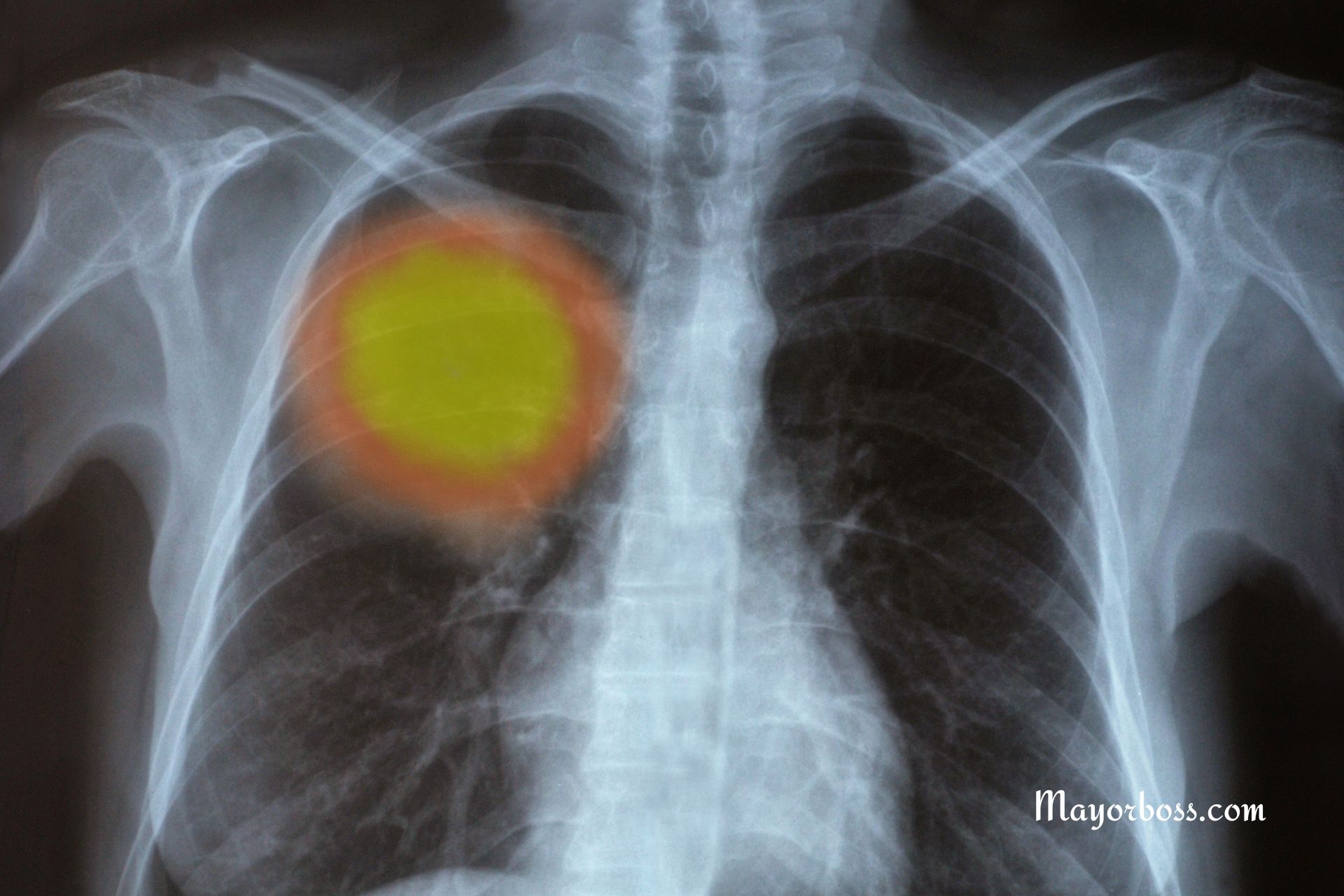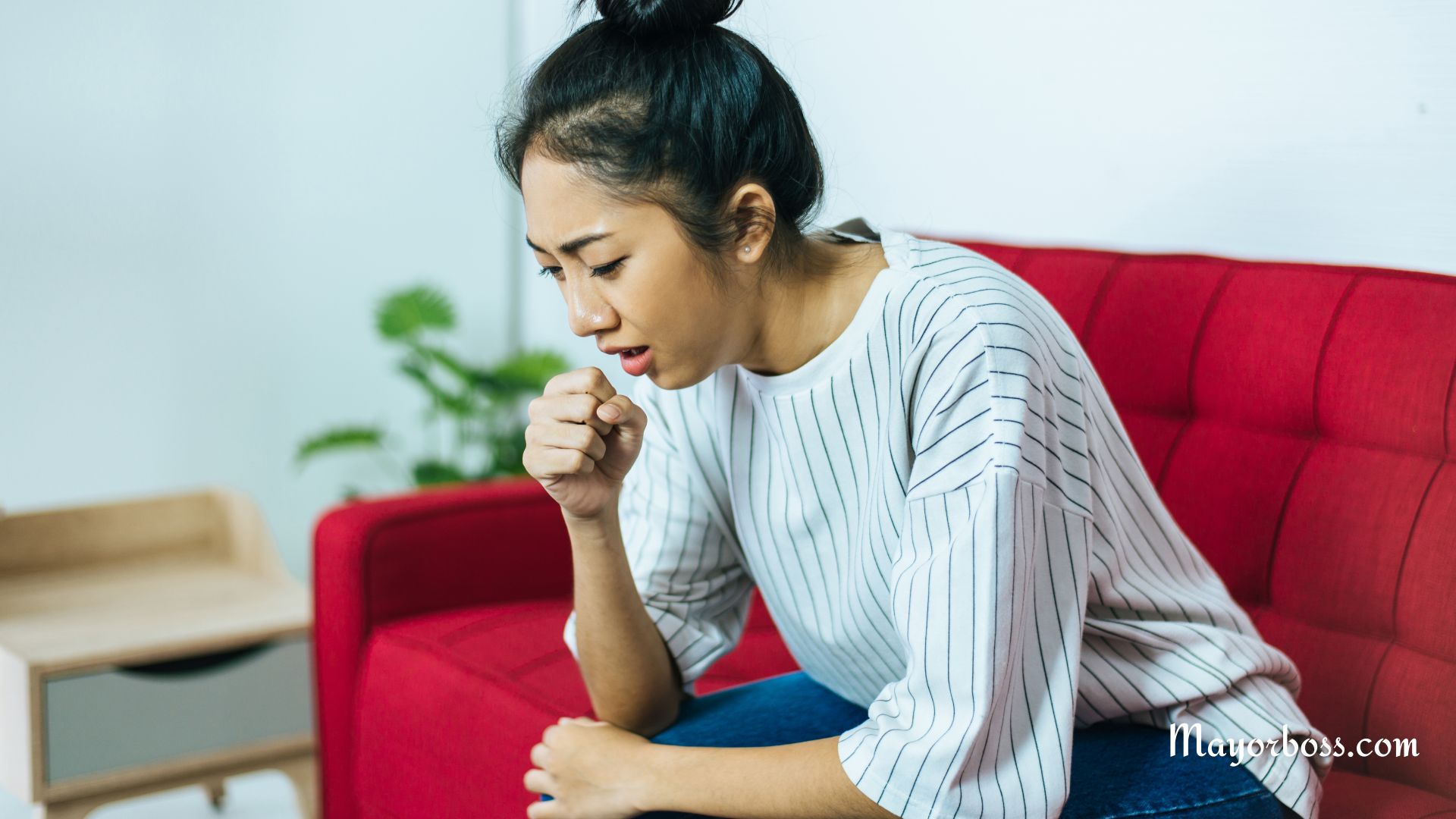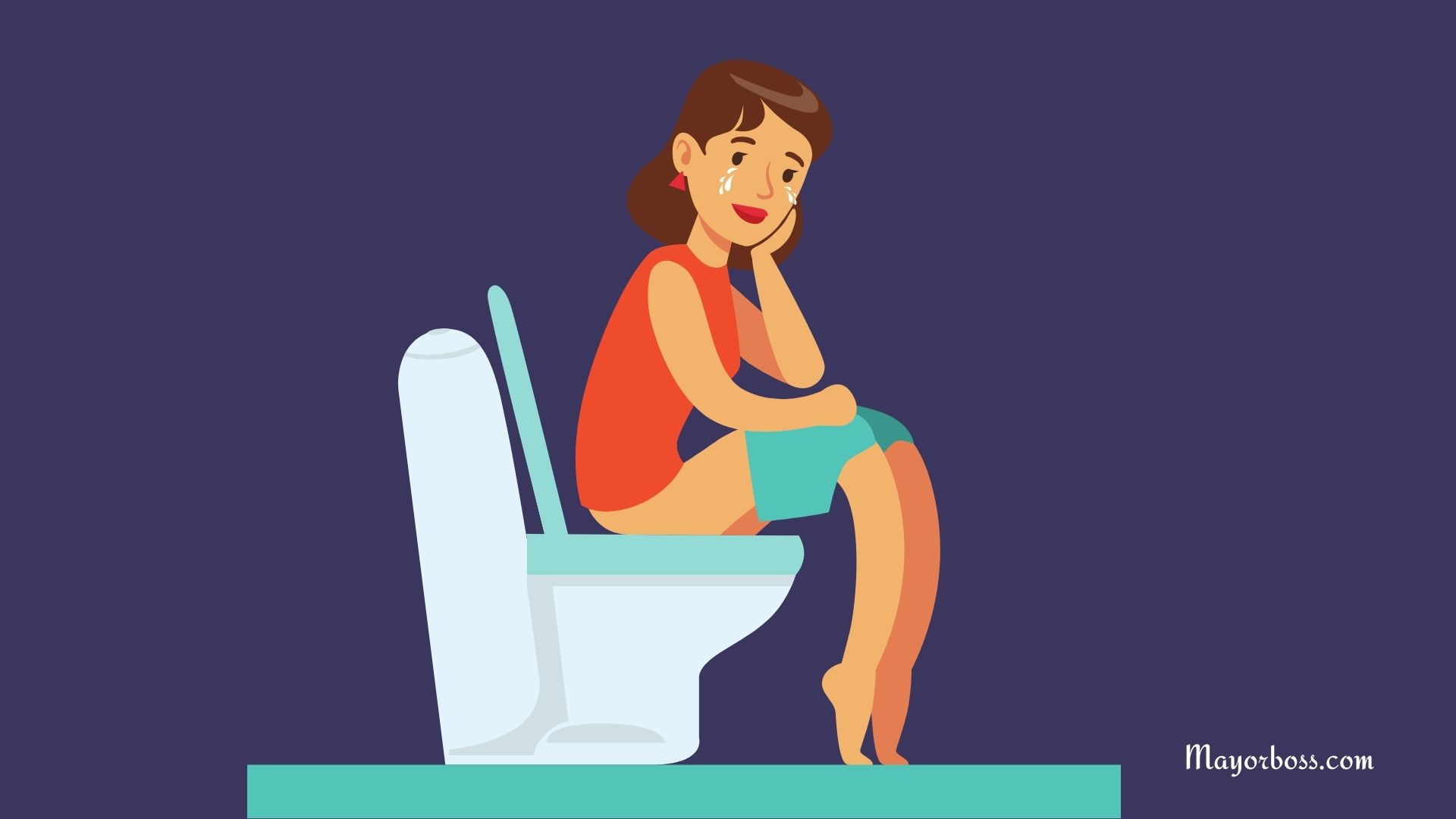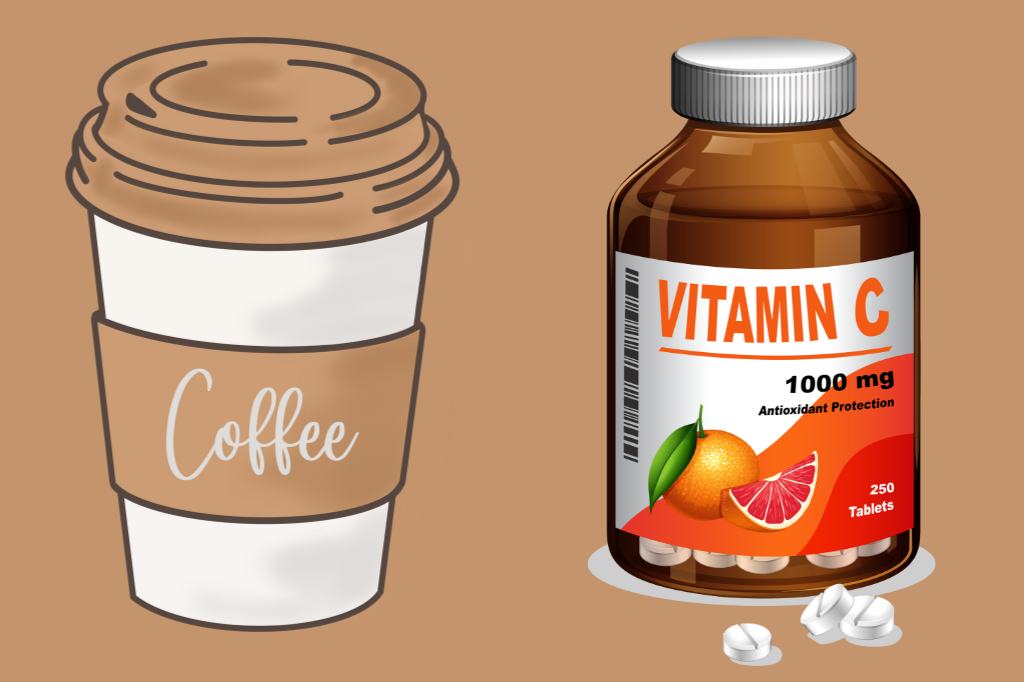Why Am I Thirsty at Night?
Have you ever wondered why you find yourself reaching for a glass of water during the night? Experiencing thirst at night is a common occurrence that can be attributed to several factors, ranging from your daily habits to underlying health conditions. In this article, we will delve into the reasons behind nighttime thirst and offer insights into how you can address this issue.
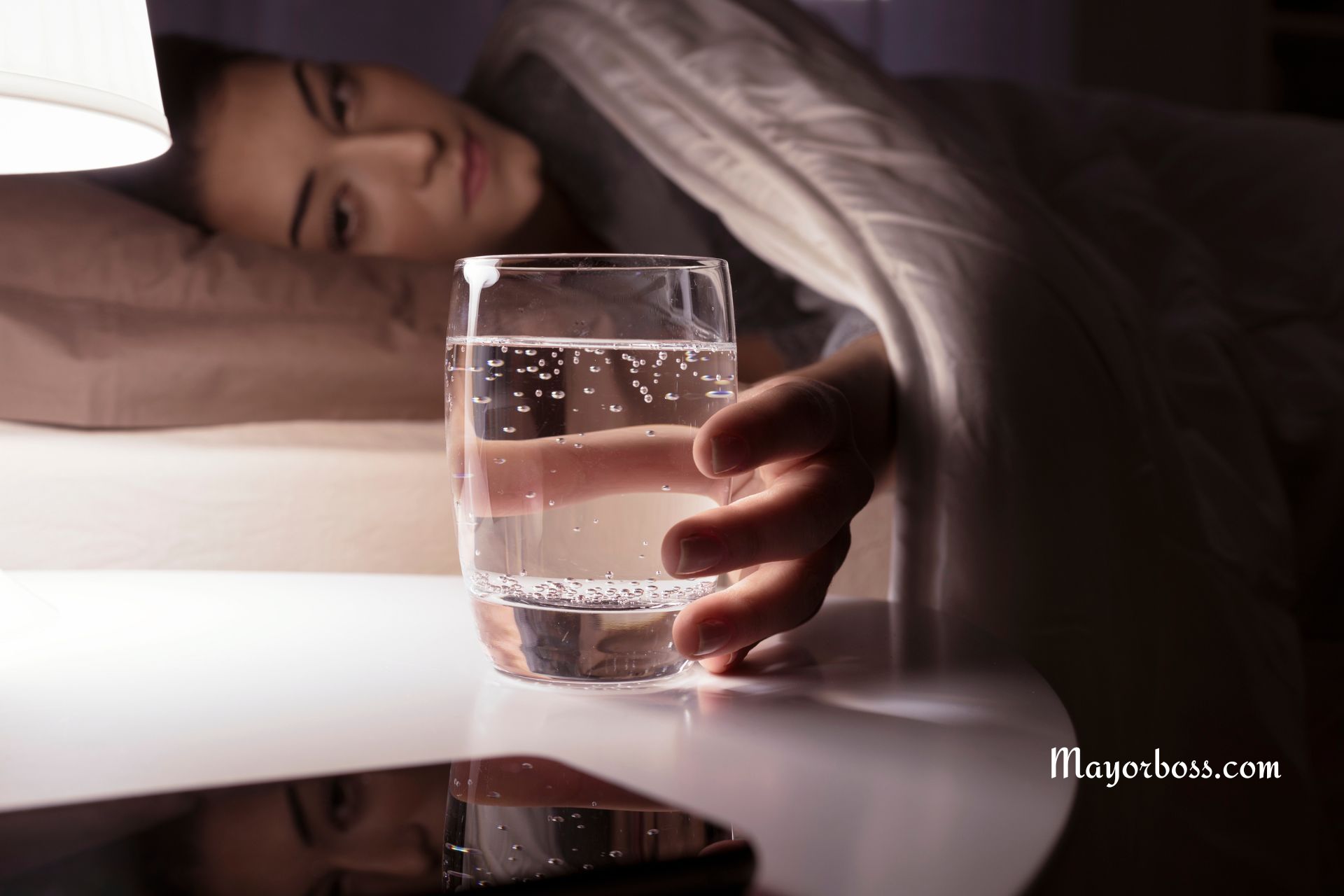
Causes of Nighttime Thirst
- Dehydration: If you’re not drinking enough water throughout the day, you’re likely to feel thirsty at night. Dehydration can occur more easily than many people realize, especially if you’re active, live in a hot climate, or consume diuretics like caffeine and alcohol.
- Dietary choices: Consuming salty or spicy foods before bed can increase thirst because your body needs more additional water to balance the excess sodium or spice.
- Diabetes: High blood sugar levels can cause frequent urination, leading to dehydration and increased thirst. If you’re experiencing excessive thirst along with other symptoms like frequent urination, it might be time to consult a healthcare professional.
- Dry environment: Sleeping in a room with dry air, especially during winter when heaters are used, can lead to a dry throat and thirst.
- Medications: Certain medications can have a side effect of dry mouth or increased thirst. These include medications for high blood pressure, antihistamines, and some psychiatric medications.
- Sleep apnea and snoring: Breathing through the mouth while sleeping can dry out your mouth and throat, making you feel thirsty.
How to Manage Nighttime Thirst
- Stay hydrated during the day: Aim to drink enough water throughout the day so that your urine is light yellow. This is a good indicator of proper hydration.
- Limit diuretics: Avoid or limit caffeine and alcohol intake, especially in the hours leading up to bedtime.
- Adjust your diet: Reduce the intake of salty and spicy foods, especially late in the day.
- Use a humidifier: If you live in a dry climate or use heating that dries out the air, consider using a humidifier in your bedroom.
- Check your medications: Consult with your healthcare provider about the side effects of any medications you are taking.
- Manage health conditions: If you have diabetes or suspect any other underlying health condition, managing your condition can help reduce nighttime thirst.
Frequently Asked Questions
Is nighttime thirst always a sign of a health problem?
Not necessarily. Sometimes, it’s simply a matter of not drinking enough water during the day or sleeping in a dry environment. However, if you’re consistently experiencing excessive thirst despite adequate hydration, it might be worth consulting a healthcare professional.
Can drinking too much water at night be harmful?
While it’s important to address thirst, drinking too much water can lead to nocturia or frequent urination during the night, which can disrupt your sleep. It’s about finding the right balance.
What is the best way to hydrate before bed?
Drinking a moderate amount of water an hour or two before bed can help prevent nighttime thirst without causing you to wake up needing to use the bathroom.
Quick note: while occasional nighttime thirst is normal, consistently experiencing it along with other symptoms like frequent urination, dry mouth, or extreme fatigue could indicate an underlying health issue that requires medical attention. Always listen to your body and speak to your trusted healthcare provider when necessary.

